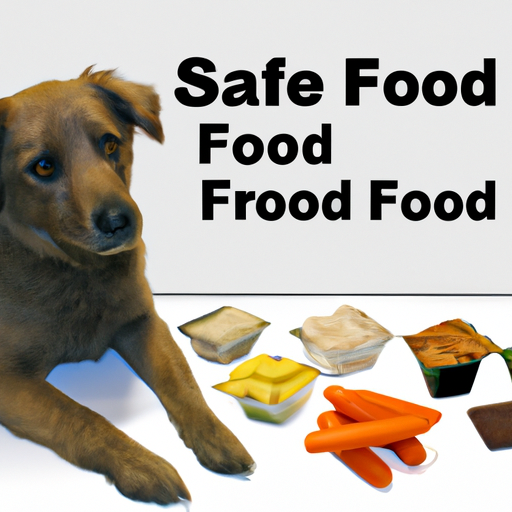As a caregiver, you hold the health and wellbeing of your furry friend right in your hands. It’s crucial to know what foods can safely make it into their bowl and which ones need to be kept far out of paw’s reach. Let’s delve into the dos and don’ts of your dog’s diet.
Foods Dogs Can Eat
Caring for a dog doesn’t mean you’re limited to buying store-bought dog food. Some human foods can provide valuable nutrients that contribute to a healthy canine diet. Here are some of them:
-
Lean Meats: Cooked, unseasoned chicken, turkey, and lean beef are excellent sources of protein.
-
Fish: Salmon and tuna are packed with beneficial omega-3 fatty acids.
-
Vegetables: Carrots, cucumbers, and green beans can be a healthy snack.
-
Fruits: Apples (without seeds), bananas, and blueberries are a sweet treat.
-
Grains: Quinoa, rice, and pasta can provide energy-boosting carbohydrates.
Foods Dogs Can’t Eat
Just as there are foods that are beneficial for your dog, there are also those that could harm them. Here’s a list of foods to avoid:
-
Chocolate: It contains theobromine which can be toxic to dogs.
-
Grapes and Raisins: These can cause kidney failure in dogs.
-
Onions and Garlic: They can destroy a dog’s red blood cells, leading to anemia.
-
Alcohol: Even small amounts can cause significant damage to a dog’s system.
The Grey-Area Foods
Some foods fall into a grey area, possibly safe for some dogs but potentially hazardous for others. Always consult with your vet before introducing these foods into your pet’s diet.
-
Dairy Products: Some dogs can tolerate dairy, while others may suffer from digestive issues.
-
Nuts: While certain nuts like peanuts are safe, others like macadamia nuts can be toxic.
-
Eggs: Raw eggs can pose a risk of salmonella, but cooked eggs are usually safe.
Understanding Portion Sizes
Even healthy foods can lead to weight gain and related health issues if overfed. It’s essential to understand appropriate portion sizes for your dog’s size, breed, age, and activity level. Your vet can provide personalized advice.
| Dog Size | Portion Size |
|---|---|
| Small Dogs (<20 lbs) | 1/4 – 1/3 cup |
| Medium Dogs (20 – 50 lbs) | 1/3 – 1 cup |
| Large Dogs (>50 lbs) | 1 – 2 cups |
Frequently Asked Questions
Q: Can dogs eat cheese?
A: Some dogs can tolerate cheese, but others may experience digestive issues. Always introduce new foods gradually and in small amounts.
Q: Are bananas safe for dogs?
A: Yes, bananas are safe for dogs to eat in moderation.
Q: Can I feed my dog raw meat?
A: Raw meat can contain harmful bacteria like salmonella. It’s safer to feed dogs cooked meat.
Remember, when it comes to your dog’s diet, balance is key. A mix of proteins, fruits, vegetables, and grains can provide a variety of nutrients. Always consult your vet before introducing new foods into your dog’s diet. With the right care and diet, your dog can lead a long, healthy, and happy life.



